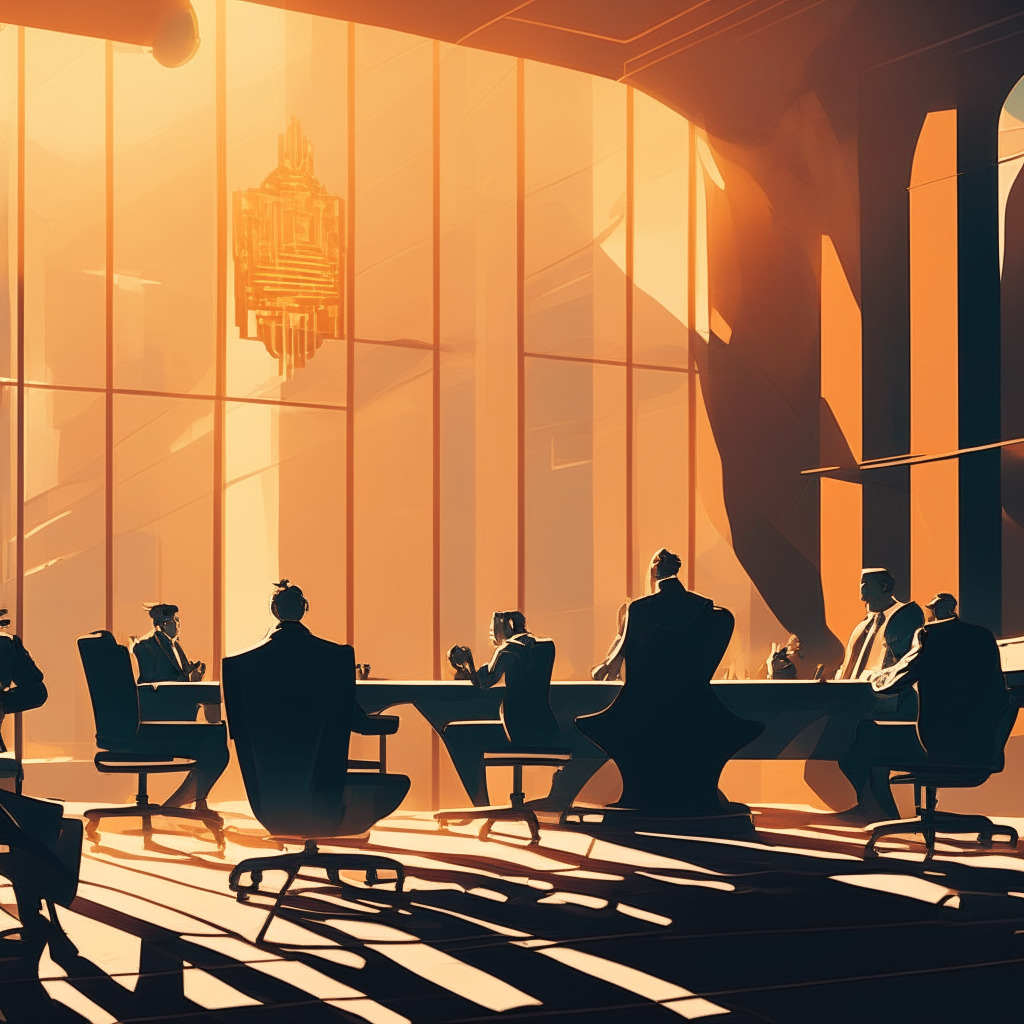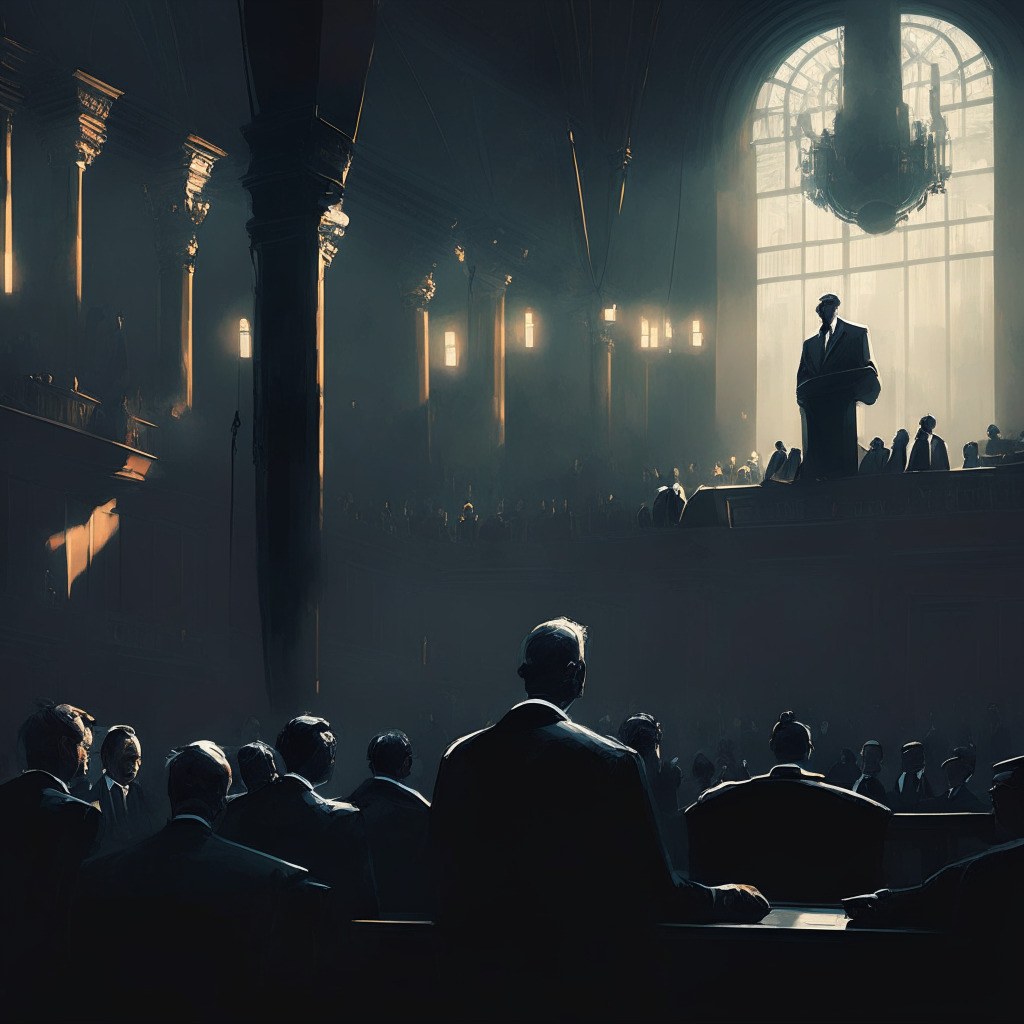The future of Hector Network hangs in the balance as its leaders host a vote on Hector Improvement Proposal 40 (HIP 40), which critics claim could potentially dilute token holders’ rights. According to the proposal, the offshore legal cocoon would clear up various legal uncertainties that Hector faces as a decentralized autonomous organization (DAO). This move is not unique to Hector Network, as other DAOs such as SushiSwap have also attempted to change their legal formation in response to increasing regulatory scrutiny around decentralized crypto projects.
While the new structure aims at clearing legal liabilities, it would also grant vast powers over governance to the employees of Hector Network, according to a CoinDesk review of the proposed changes. Hector, which is built on the Fantom blockchain and considered an OlympusDAO fork, employs intricate tokenomics to maintain its value, earning its designation as an “Ohm fork.” In late 2021, these forks built sizable treasuries, with Hector’s reaching over $100 million.
As most of these funds have been spent on various project-related undertakings, the remaining team members have focused on tightening Hector’s financial management and vowed to refine the DeFi project’s operations. However, the legal clean-up proposed in HIP 40 has received backlash for allegedly undermining Hector’s status as a community-run DAO.
Critics, such as the pseudonymous Lazer, a member of Hector Network’s influential proposal-writing committee, argue that this proposal effectively reduces the governance token’s value. The suggested structure would replace Hector’s existing DAO with a lawyer-approved arrangement based in the Cayman Islands, which would administer treasury and voting and own DAO assets. Token holders, according to a proposed constitution in HIP 40 and screenshots of internal discussions, would have no ownership claim on the DAO’s assets.
Concerns have also been raised about the potential dilution of token holders’ power over the DAO due to the proposed legal structure. One aspect that has generated criticism is a clause in the DAO charter that grants extensive powers to an 11-person “steering committee” comprising almost exclusively Hector Network employees. This setup would ensure that Hector employees retain the final say over all proposals considered by the DAO.
The only non-employee member of the steering committee is the pseudonymous Sonoro, who currently leads a group of “oracles.” Under the new setup, these community members’ rights would be limited to reviewing and commenting on proposals rather than writing them.
Lazer contends that HIP 40 would allow Hector’s team to maintain complete control over the “oracle group” composition and unilaterally propose HIPs, thus distancing the community from governance. The pseudonymous creator of Hector, Zeus, did not immediately comment on the steering committee setup but stated in a private Discord message that “nothing will change to the token holders’ governance btw, it’s just more legal protection in corporations, taxes and possible regulatories.” A community AMA is planned for the coming days.
Source: Coindesk




